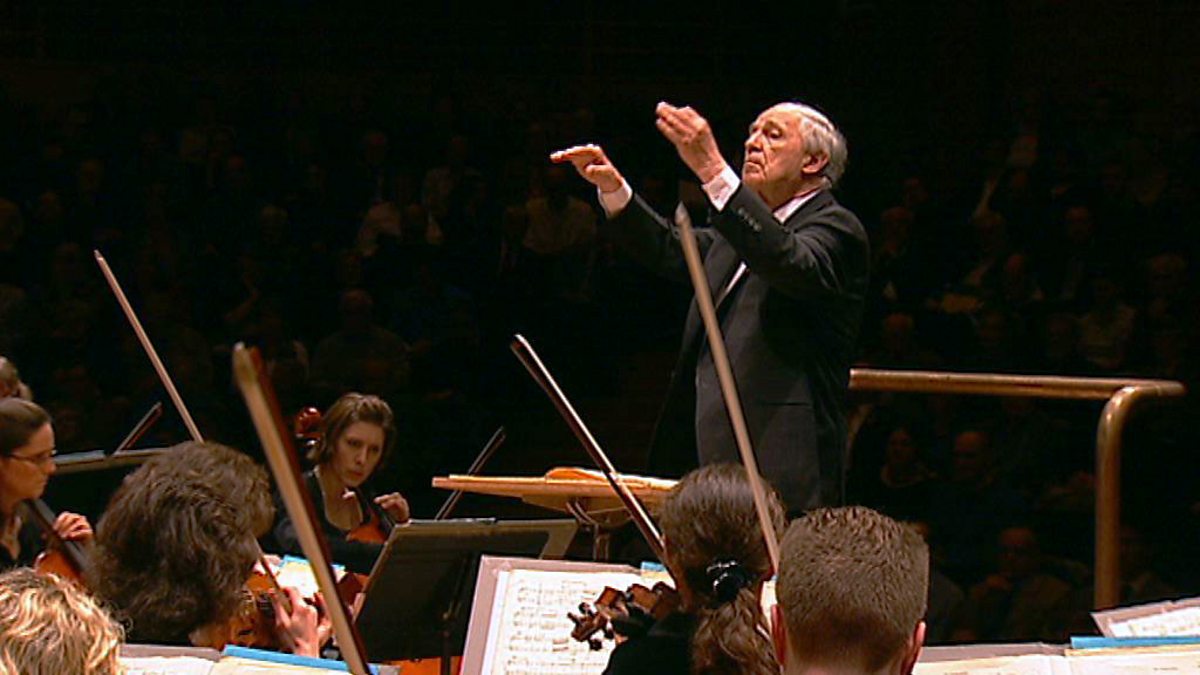Originally posted by Oddball
View Post
What comes next - well, several things have already occurred: the influx of ideas from the United States (first Cage, Feldman, Tenney, Wolff, Brown ... then LaMonte Young, Riley, Reich, Glass), Musique Concrete Instrumentale, New Music Manchester, New Complexity, Spectralism, Holy Minimalists ... There is so much available for composers to discover their own preferred means of expression, that I think that the "Era" that has come to an end with Boulez is the last in which a single type of composing methodology could dominate ... making the others "useless". In fact, in that respect (and in that respect only) we can consider ourselves well rid of it.







Comment